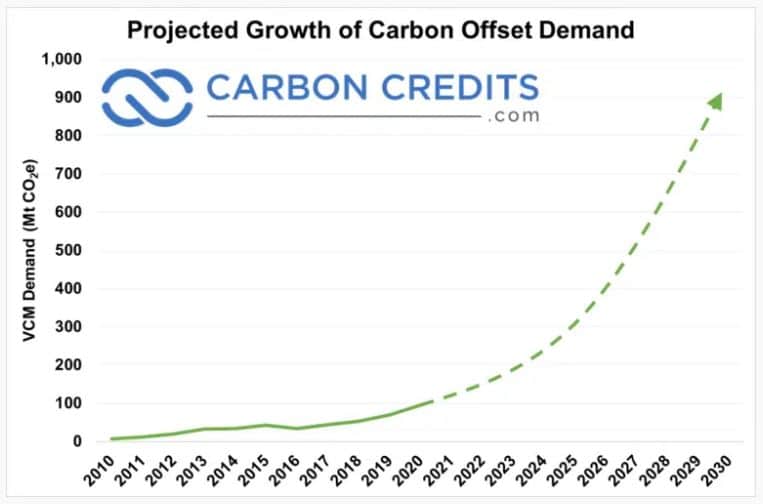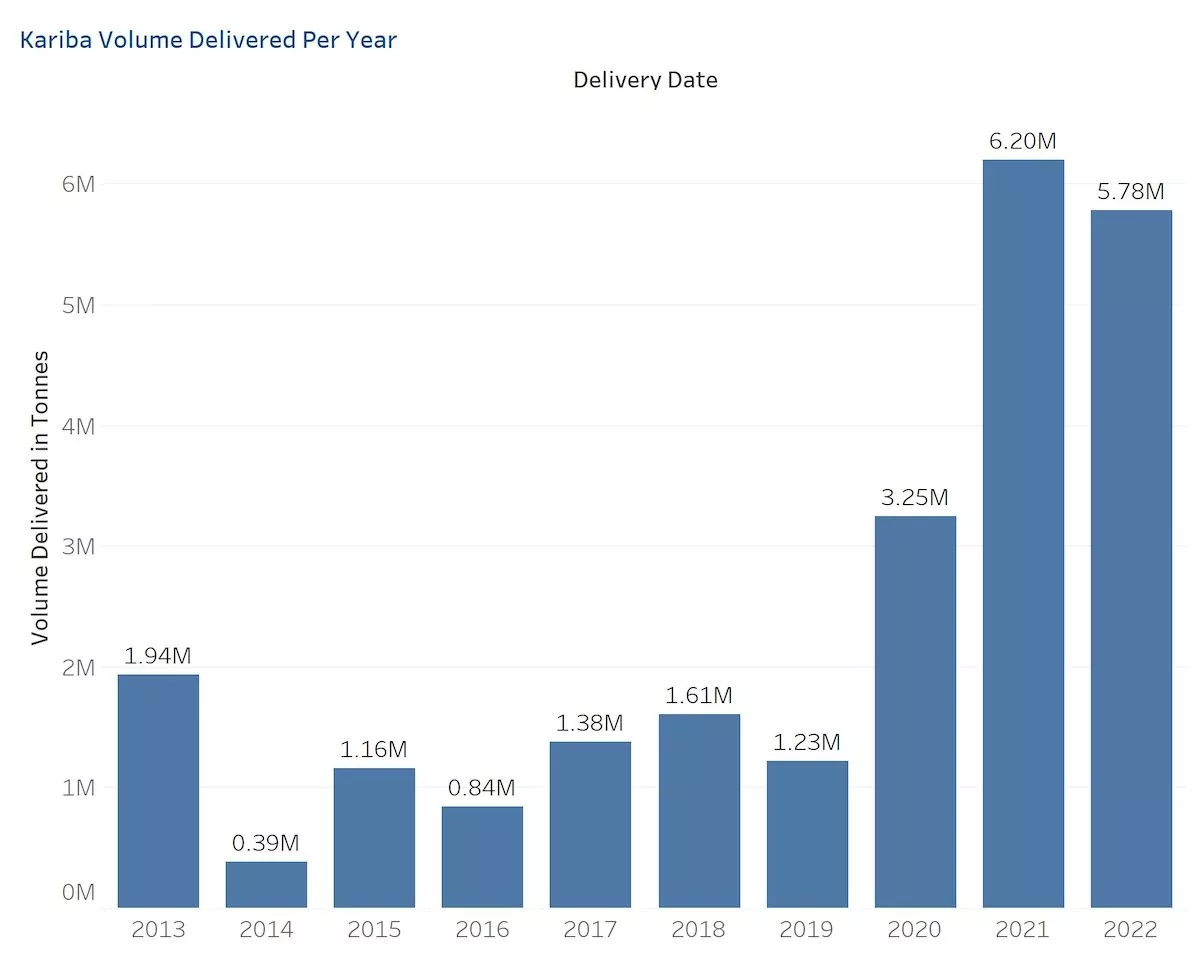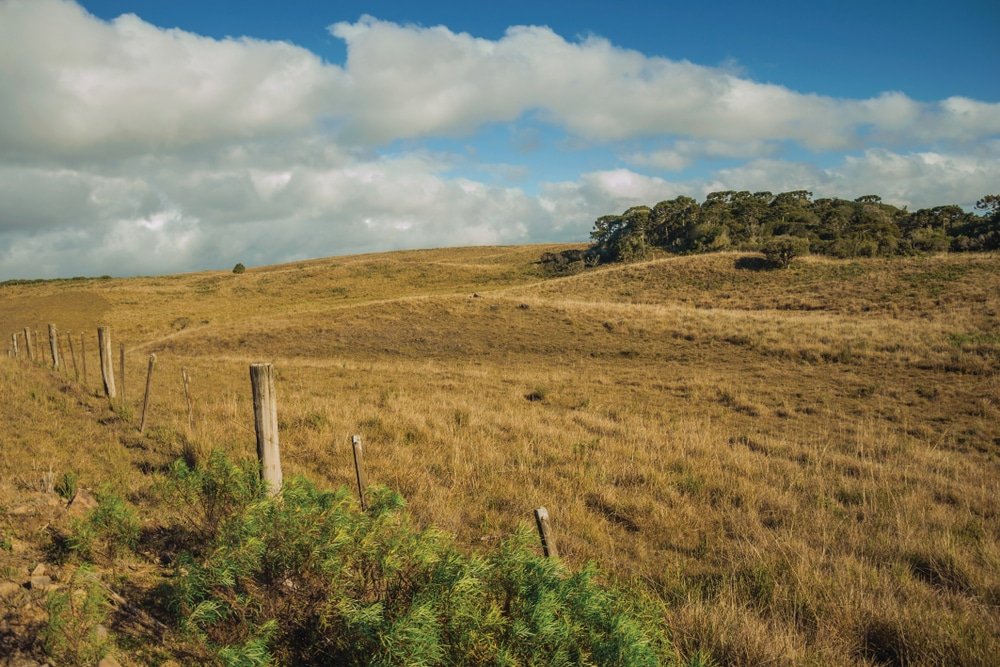Doubts loom over the credibility of the carbon market’s major credit source as the partnership supporting Zimbabwe’s Kariba mega-project crumbles. The project was previously supported by the leading global carbon offset seller, South Pole, raising concerns about the credits’ integrity.
South Pole has ended its participation in the main forest conservation project in Zimbabwe due to recent claims of exaggerated claims. The move may result in job losses for around 20% of the company’s workforce, according to reports. The company employs around 1,200 workers across 30 countries.
Carbon Offsets and Their Role in Reducing Emissions
Carbon offsets enable businesses and individuals to balance their carbon emissions by paying for removing carbon elsewhere. They evolved into a billion dollar global market that’s projected to grow even more up to $50 billion by 2030.

Owned and developed by Carbon Green Investments (CGI), the Kariba REDD+ project, one of the world’s largest forest conservation initiatives the size of Puerto Rico, has issued about 36 million credits since 2011. These credits represent the removal or prevention of a ton of carbon dioxide from the atmosphere.
According to the Swiss carbon developer’s statement:
“All activities related to carbon certification and carbon credits from the Kariba REDD+ project will now be the responsibility of CGI, and South Pole’s role as the carbon asset developer has ended.”
Despite ending its collaboration with CGI, South Pole emphasized that the existing carbon credits remain valid. The termination of the partnership comes amid increasing scrutiny and challenges to the project’s integrity and the associated carbon credits.
The New Yorker’s report and an ongoing investigation by Verra have added to the controversy, casting doubt on the effectiveness of the sold carbon reductions. South Pole said it would cooperate with the investigation and reassess its involvement in Kariba based on the findings.
The Kariba Project
Kariba REDD+, started in 2011, is designed to conserve 785,000 hectares or almost 2 million acres of forest in northern Zimbabwe. It has been a major recipient of funding through carbon credits as corporations support projects that remove carbon from the atmosphere.
Many multinationals such as L’Oreal, Gucci, Nestlé, McKinsey and Volkswagen have voluntarily bought credits from Kariba to offset their emissions. Below is the volume of credits delivered by the project since 2013 until 2022, peaking at over 6 million in 2021.

The Kariba project led to significant growth for South Pole. But recent months have seen increased scrutiny and challenges for the project and carbon offset initiatives at large.
Publications from different sources revealed that South Pole, alongside Verra, were associated with forest protection credits that claimed to fail to deliver the promised carbon reductions.
Further investigations into the Kariba project argued that only a fraction of the pledged investments in Zimbabwe are verifiable on-site. The African nation is the 12th largest carbon offsets producer worldwide. It recently amended its carbon law to allow developers to keep more profits from carbon credits.
Following those publications, some companies have withdrawn from the Kariba project, such as Gucci. In a broader context, similar studies suggested that carbon offset projects like Kariba overestimate the levels of deforestation they prevent.
Robust Methodology and Safeguards Are Crucial
“Carbon offset methodology is ‘not perfect’,” South Pole CEO Renat Heuberger says in defense of the company’s practices. He further noted that they’re consistently adhering to the approved methodology for the Kariba project.
Heuberger also emphasized the uncertainties involved in deforestation projects, remarking that predicting rates 10 years in advance is challenging.
Verra, the leading carbon credit certifier overseeing about 75% of voluntary carbon credits globally, acknowledged the importance of a critical evaluation of the market. The nonprofit also noted the imperfections in the system, emphasizing their commitment to continuously improve their methodologies to reflect evolving best practices and the latest scientific insights.
The use of safeguards in carbon offset programs to maintain climate integrity has never been more crucial. These programs usually allocate 10-20% of nature-based project credits for insurance purposes – also called a buffer pool.
- Kariba, for instance, has set aside 5 million credits into the Verra-administered buffer pool.
Still, experts suggest that the buffer may not be enough to cover the unavoidable risks caused by climate change. In particular, concerns have been raised regarding the undercapitalization of the buffer pool in California’s carbon market. This is due to the vulnerability of forest offset projects to natural phenomena like wildfires.
Nevertheless, buyers of carbon credits need certainty. This is where insurance can help by providing a creditworthy wrapper around their investments, increasing confidence in the market.
The works of Kita Earth, a carbon credit insurance company, aim to reduce this kind of risk to help drive finance to scale high-quality carbon projects.
Given the case of Kariba, carbon insurance will play a significant role and will soon become a market standard. It will provide extra due diligence and quality assessment, safeguards when things don’t go as planned, and help build trust to scale this essential market that help combat the climate crisis.
Jess Roberts, Vice President of Ratings at Sylvera, asserted the importance of robust calculations and advocated for a more cautious approach to safeguarding credits.
Amid heightened scrutiny, the Kariba REDD+ project’s legitimacy as a key carbon offset source has faced questioning, prompting South Pole to severe its ties with the initiative. The controversy calls for a re-evaluation of existing methodologies and safeguarding practices to bring credibility to carbon markets.

